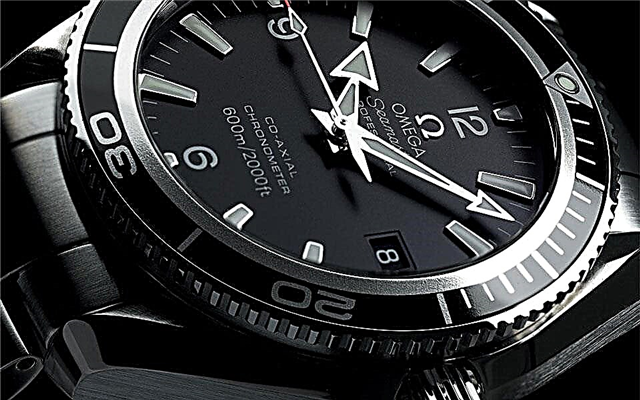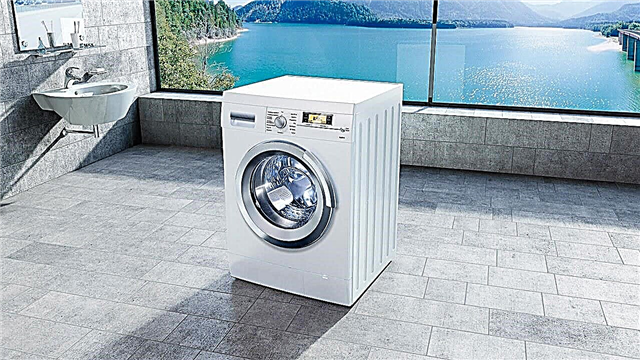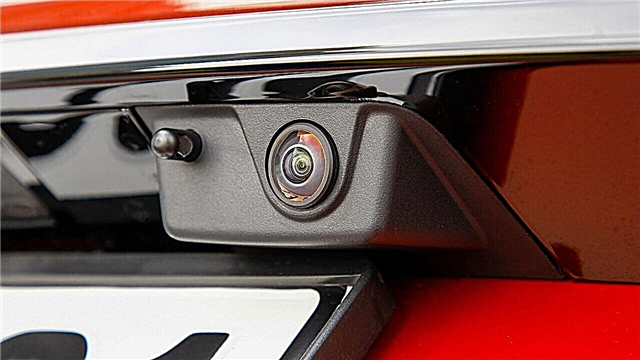Sunny summer is approaching, which means it's time to think about protecting the eyes from harmful ultraviolet radiation. And besides preserving vision, good sunglasses protect the youth of the skin around the eyes, because without protection we constantly squint in the sun, acquiring premature wrinkles.
Today we offer a useful Top 10 tips for choosing sunglasses.
10. Choose the right color
The lenses of sunglasses can be green, brown or gray. Extravagant blue, red, violet and orange distort color perception and lead to increased eye fatigue.
9. Choose wide arms
It is the wide arms that provide lateral protection from sunlight. In properly selected glasses, the sun should not hit the eyes from above or from the side.
8. Do not believe dark lenses
Cheap glasses for a couple of hundred rubles can have coal-black lenses and still not protect your eyes from ultraviolet radiation. Moreover, extremely dark lenses can harm the eyes if they are made of cheap plastic - in case of darkening, the pupil will not narrow, and harmful ultraviolet light penetrates the eye, which does not delay the cheap lens.
7. Glass and plastic are equally good
Each of the materials has advantages and disadvantages. Plastic lenses are lightweight, do not break, but are easily scratched and protect against ultraviolet radiation only if special filters are applied to them. Glass does not pass ultraviolet light, but it breaks easily and weighs a lot. The best option is to choose high-quality plastic and UV filters.
6. It is important to read the label
The design of the glasses is of course important. But much more important is the information indicated on the label. Deciphering the data is simple - the inscription “Blocks at least 75% UVB and 60% UVA” means that the lenses block 75% of UV rays of type B and 60% of type A rays. Ophthalmologists recommend choosing at least 50% protection. The filter category can be indicated on the label from 0 to 4 (from minimum protection to maximum).
5. Do not buy without trying
The frame should not interfere, the weight of the glasses should be acceptable, and the lenses should not distort the picture and color reproduction. If the outside world with glasses loses clarity, it is better to refuse to buy.
4. Think polarized lenses are also needed.
Polarizing lenses allow you to not see sunlight reflected by various surfaces (for example, snow and water). Such glasses are useful on the sea coast, as well as for sports.
3. Take a closer look at photochromic lenses
Such lenses change the degree of their darkening depending on the brightness of sunlight. Such lenses will be very useful for those who constantly wear glasses with diopters - you can not leave photochromic glasses on the street or indoors.
2. Try on correctly
Wearing glasses for the first time, you need to turn your head a little - the glasses should not fall off. At the same time, they should not squeeze the head and nose. The ideal option is to go out with glasses and enjoy comfort. The goggles of the glasses should be suitable in length, the temples can be rounded or straight - in the first case they should easily fit the ear, in the second - do not interfere and do not slip.
1. Ask for documents
As a rule, high-quality sunglasses are sold in optics and tourist shops. But in any case, each pair should have documents - an insert with a description of the characteristics of the lenses.












